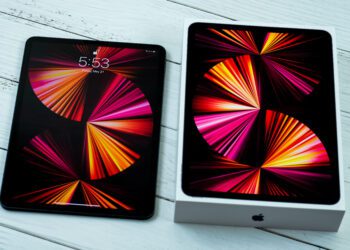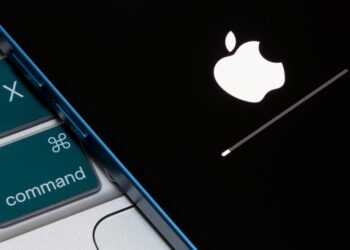Android and iOS conquer 99.9% of global smartphone sales, according to a BetterWorld Telecom index.
All smartphone platforms are completely irrelevant when facing iOS and Android.


Back in 2010, there was a ferocious battle for the top position in the smartphone market, whereby Blackberry, Windows, iOS, and Android went toe-to-toe to determine the market leader, dividing their distribution fairly equally, but as of today, almost 8 years later, the competition to the top two has less than a 0.1% of market share.
According to BetterWorld Telecom, Android’s market share has grown from just 4% in 2009 to a whopping 81% in 2015; Apple’s share has inched from 14% to 16% in that same time.
In the most recent report by Statista, by the end of 2017, Android enjoyed an 85.9% of worldwide market share by operating system. iOS possessed a meek 14.0%, still a long way from the aforementioned competition.
What happened to competition?
Newcomers can disrupt business.
[ihc-hide-content ihc_mb_type=”show” ihc_mb_who=”3,4,5,6″ ihc_mb_template=”3″ ]
For The Verge, while the tumultuous and furious evolution of mobile devices was happening on the Android front with the arrival of new competition, BlackBerry was more concerned with protecting what it already had instead of conquering new territory, and that may have doomed the one-time leader of smartphones.
As for the Windows Phone, it’s something Microsoft will not be investing in any time soon, as no material phone revenue was registered in the first quarter of 2018, according to Microsoft CFO Amy Hood.
Phone sales for Microsoft have been declining since 2014. What’s more, the company was forced to swallow a $7.6bn writedown on the acquisition of Nokia’s devices and services business, cutting around 20,000 jobs in the process.
[/ihc-hide-content]












